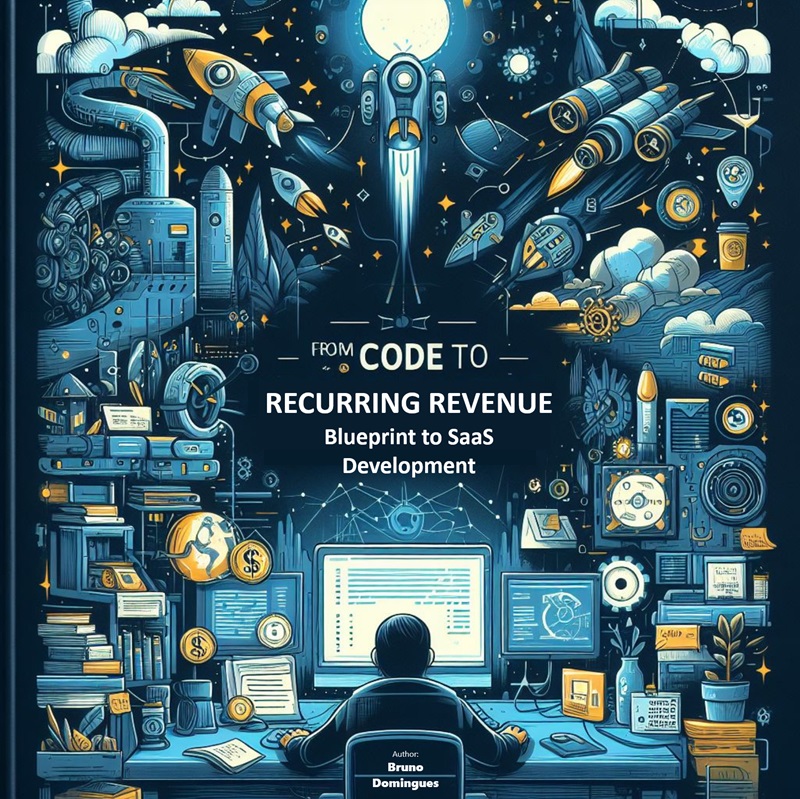Ensuring the security and privacy of your SaaS product involves implementing robust security measures, complying with relevant regulations, and regularly monitoring and updating your systems.
To ensure the security and privacy of your SaaS product, start by implementing robust security measures such as data encryption, secure authentication methods, and regular security audits. Encryption should be applied to data both in transit and at rest to protect sensitive information from unauthorized access.
Strong authentication mechanisms, such as multi-factor authentication (MFA), can help prevent unauthorized access to user accounts. Regular security audits and vulnerability assessments are crucial for identifying and addressing potential weaknesses in your system.
Compliance with relevant regulations, such as GDPR, CCPA, and HIPAA, is also essential for protecting user data and maintaining trust. Ensure that your data handling practices, privacy policies, and user consent mechanisms meet the standards set by these regulations.
Additionally, establish clear data access controls and permissions to limit who can access sensitive information within your organization. Implementing a robust incident response plan can help you quickly and effectively address any security breaches that do occur.
This plan should include procedures for identifying, containing, and mitigating the impact of security incidents, as well as communicating with affected users. Regularly update your software and systems to address emerging threats and vulnerabilities.
Educating your team and users about security best practices, such as recognizing phishing attempts and using strong passwords, can also enhance your overall security posture. By prioritizing security and privacy, you can protect your users' data, maintain their trust, and ensure the long-term success of your SaaS product.
